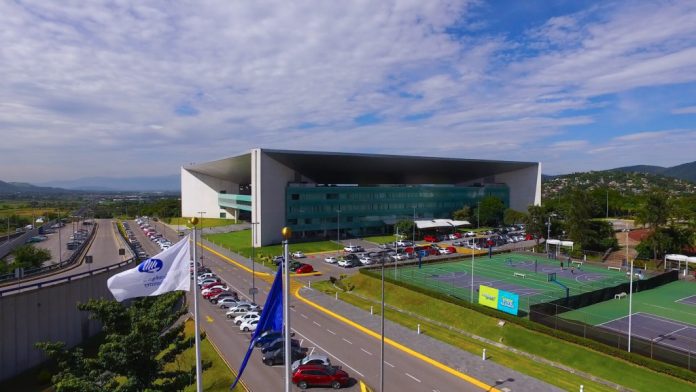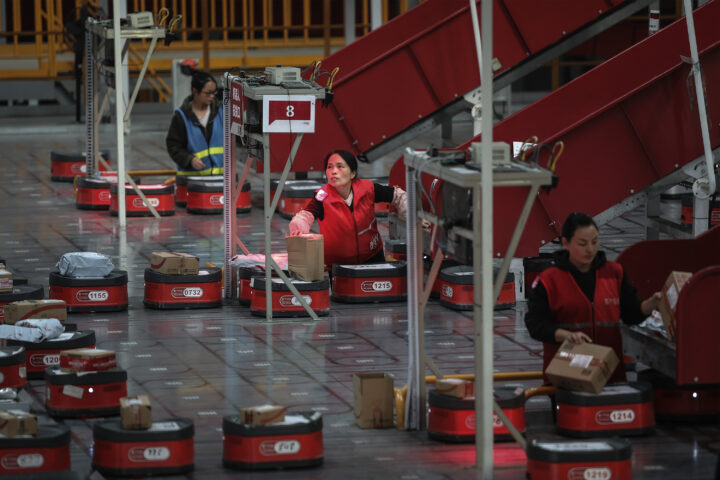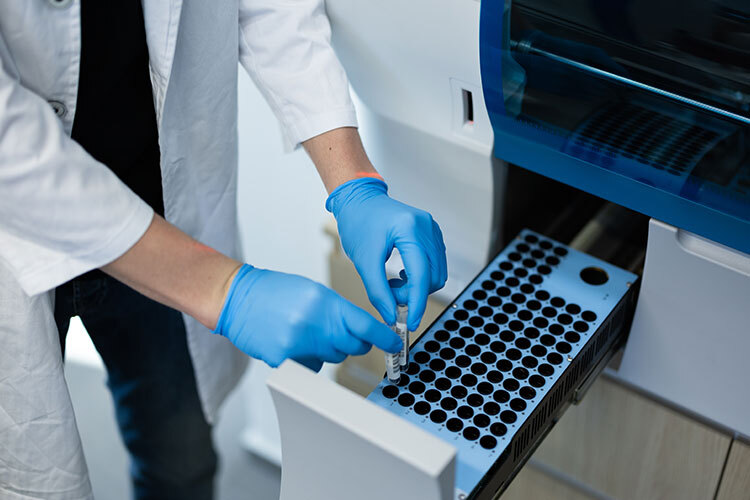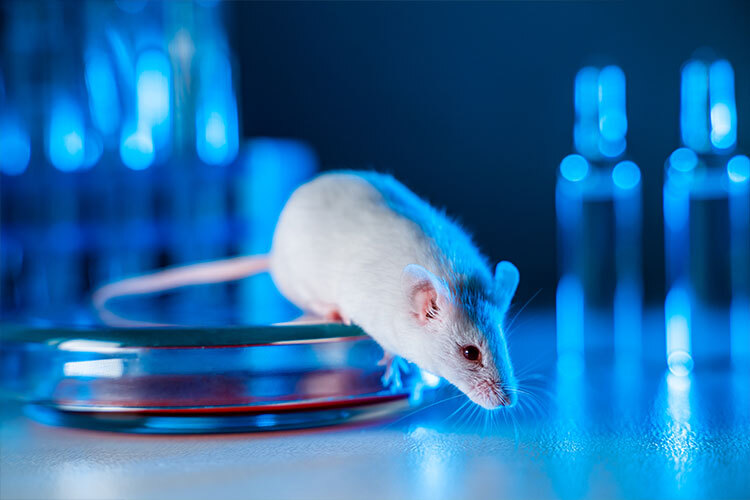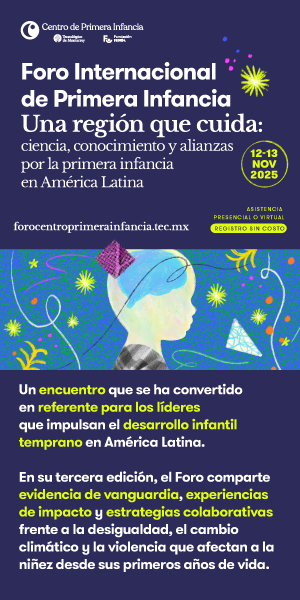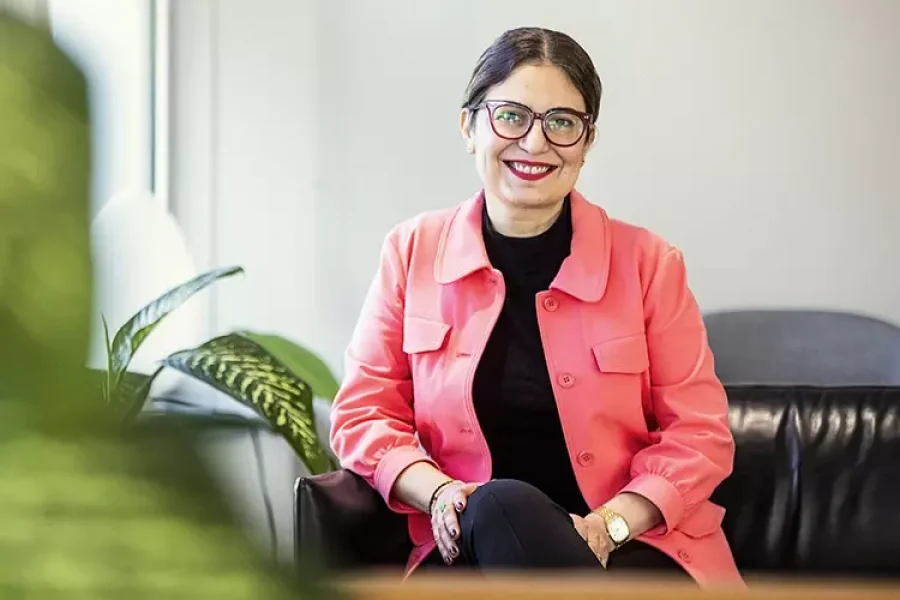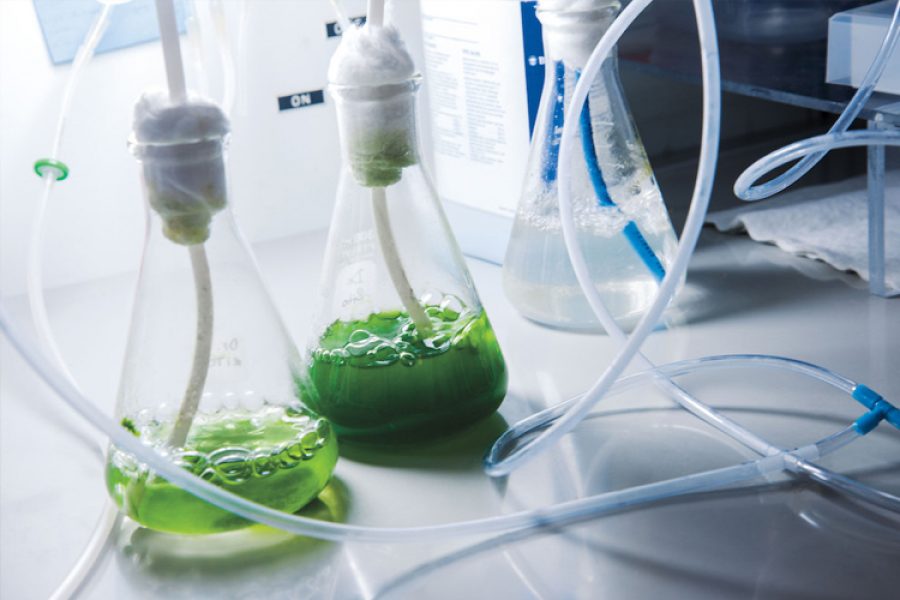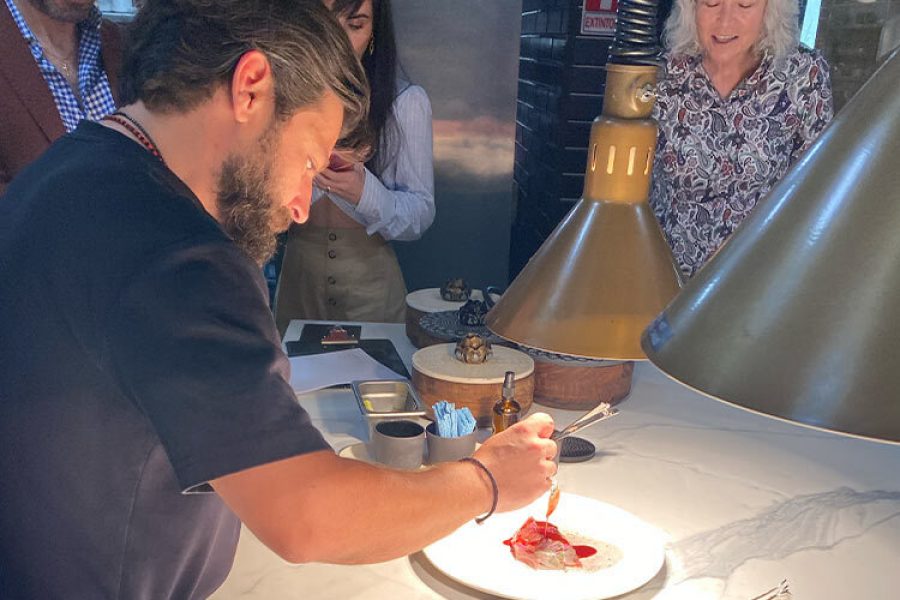Since its founding in 2010, the Water Center at Tecnológico de Monterrey has been home to crucial research on atmospheric pollutants and persistent substances that threaten our environment. At the forefront of some of these efforts is Lucy González Hernández, who was recently recognized with the Mujer Tec Award in the Science category for her outstanding work in the environmental field.
This award, which acknowledges the remarkable work of women within the institution, came as a surprise for González. For her, it represents not only an honor for her career but also an impetus to continue developing projects that positively impact society.
Women in Research
Originally from Venezuela, González arrived in Mexico at 16 to study Industrial Chemistry at the Autonomous University of Nuevo León. Her passion for science comes from her family: “My father was a chemist, as are my brothers.” This environment fostered the discipline and perseverance that have characterized her career.
Her daily routine reflects the intensity of scientific work. She wakes up at 5:00 a.m. to get to campus, dividing her day between meetings, student advising, classes, writing articles, and analyzing experimental data. All of this under the constant pressure of maintaining high scientific productivity as a Level 2 member of the National System of Researchers (SNI).
This level within the SNI represents an extraordinary achievement in her career, as González accomplished something uncommon in the Mexican academic field: ascending directly from the candidate level to Level 2, skipping an intermediate category. “It’s difficult, but it’s a satisfaction to achieve that, and honestly, it makes me proud,” she explains.
Like many other female researchers, Lucy has overcome obstacles: “As a woman in science, you have to work three times harder than a male colleague to prove that our work is significant,” she points out. “I’ve been in meetings where I propose an idea, but it’s not considered. Yet, later on, a male researcher proposes a similar idea, and then it’s seen as good.”
However, as a researcher at the Water Center, she has found a different environment with a team mostly composed of women. “Sometimes, as a woman, you can feel isolated, but here at the Water Center, it’s the complete opposite,” González said.
Inequality has also been reflected in access to funding. González has observed disparities in the funds offered to experimental projects led by women. These experiences have led her to work even harder to demonstrate the value of her contributions: “Men are always favored when it comes to proposing projects to attract funds. They doubt whether you’ll be able to carry that project forward.”

Research with Impact
As research coordinator at the Water Center, González specializes in monitoring and quantifying pollutants in various environmental media and developing technologies for their degradation.
One of her primary studies focuses on black carbon, an atmospheric pollutant produced by the incomplete combustion of fossil fuels and biomass. This material, abundant in industrialized urban areas like Monterrey, is linked to various respiratory and cardiovascular diseases and significantly contributes to climate change due to its ability to absorb radiation and generate warming.
A critical aspect of her research is that these pollutants are not classified as criteria pollutants in Mexico, meaning they are not systematically monitored, nor has a maximum permissible concentration limit been established for ambient air. González seeks to change this situation by generating scientific data that supports implementing public policies for their regulation.
Simultaneously, she works with PFAS (per- and polyfluoroalkyl substances), known as “forever chemicals” due to the stability of their carbon-fluorine bond. These compounds, present in multiple industrial products, persist for centuries in the environment and are associated with various health problems. Her team seeks to quantify their presence in different environmental matrices and develop innovative methods for their degradation.
A Message for New Generations
Through her teaching and scientific work, González conveys a clear message to young female scientists: perseverance, talent, and dedication are key to succeeding in the scientific field, despite the obstacles.
As a mentor, she detects that some students doubt entering fields traditionally dominated by men. Faced with this, González actively works to change mindsets in both her female and male students, promoting a more inclusive environment in science.
Her goal transcends the laboratory: to demonstrate that women can conduct high-level research and hold leadership positions in the scientific field. With each class, advising session, and publication, González not only contributes to knowledge about environmental pollution but also paves the way for future generations in a field where inequalities still persist.
Did you find this story interesting? Would you like to publish it? Contact our content editor to learn more at marianaleonm@tec.mx


